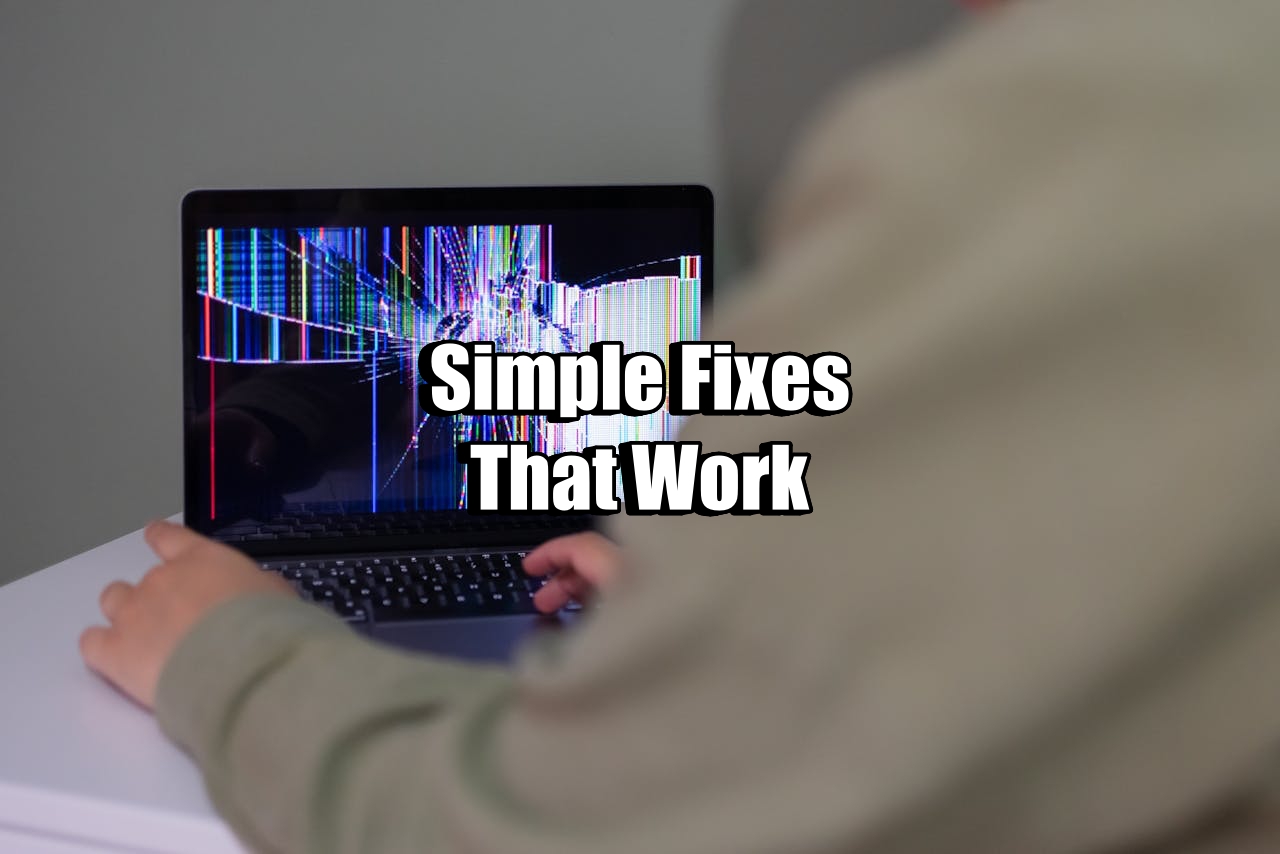💻 How to Speed Up a Slow PC or Laptop: Simple Fixes That Work
Is your computer running slower than it used to? Whether you’re dealing with a sluggish startup, lag when opening apps, or slow web browsing, a crawling PC can be incredibly frustrating—especially when you know it used to be faster.
The good news? You don’t have to be a tech expert (or spend a fortune) to fix it. This guide covers practical steps anyone can take to boost the speed of a slow Windows PC or laptop.
🔁 1. Restart Your Computer
It sounds simple, but it works. A restart clears your RAM and stops unnecessary background processes. If your PC hasn’t been restarted in a while, this alone can improve speed immediately.
🚫 2. Disable Unnecessary Startup Programs
Many programs start running as soon as you turn on your PC. Over time, these pile up and slow down boot times.
How to fix it:
-
Press
Ctrl + Shift + Escto open Task Manager. -
Go to the Startup tab.
-
Right-click on programs you don’t need at startup and select Disable.
🧼 3. Uninstall Programs You Don’t Use
Old software takes up space and can slow your system, even if you’re not actively using it.
Steps:
-
Open Settings > Apps > Installed apps.
-
Scroll through the list and uninstall apps you haven’t used in months.
🗑️ 4. Clean Up Disk Space
Temporary files, system logs, and old downloads can hog storage and slow things down.
Use Windows Disk Cleanup:
-
Press
Windows + Sand type Disk Cleanup. -
Select your main drive (usually C:).
-
Check items like Temporary files, Recycle Bin, and click OK.
Or use Storage Sense:
-
Go to Settings > System > Storage.
-
Turn on Storage Sense to automate cleanup.
🛡️ 5. Scan for Malware and Viruses
Malware can seriously impact your computer’s performance by running malicious processes in the background.
How:
-
Use Windows Security (Defender): Settings > Privacy & Security > Windows Security.
-
Or install a trusted third-party antivirus like Malwarebytes for deeper scans.
⚡ 6. Upgrade to an SSD (Solid State Drive)
If your PC still runs on an HDD (Hard Disk Drive), this upgrade is a game-changer. SSDs are significantly faster and can cut boot times from minutes to seconds.
Benefits:
-
Faster startup
-
Quicker app loading
-
Better overall responsiveness
Even a budget SSD (120–256GB) can breathe new life into an old laptop.
🧠 7. Add More RAM (Memory)
Low RAM leads to system lag, especially if you multitask or use memory-hungry apps like Chrome or Photoshop.
What to check:
-
If you have less than 8GB of RAM, consider upgrading to 8GB or more.
-
Use Task Manager > Performance > Memory to see how much you’re using.
Check your laptop or motherboard for RAM compatibility before buying.
✨ 8. Turn Off Visual Effects
Windows has flashy animations that make things look nice—but slow down older systems.
How to disable:
-
Press
Windows + R, typesysdm.cpl, press Enter. -
Click the Advanced tab > Settings under Performance.
-
Select Adjust for best performance or customize effects.
🔍 9. End Background Tasks
Apps running in the background can consume CPU, RAM, and even your internet bandwidth.
To stop them:
-
Open Task Manager.
-
In the Processes tab, sort by CPU or Memory usage.
-
Right-click and End task on apps you’re not actively using.
🧪 10. Check for System and Driver Updates
Running outdated system files or drivers can affect performance.
Update Windows:
-
Go to Settings > Windows Update and install any pending updates.
Update Drivers:
-
Open Device Manager.
-
Right-click on key components like Display Adapters or Network Adapters and choose Update driver.
🌐 11. Clean Up Your Browser
Your web browser might be the bottleneck—especially if you keep tons of tabs open or have too many extensions.
Tips:
-
Close unused tabs.
-
Remove unnecessary extensions.
-
Clear your browser cache and history.
-
Try lighter browsers like Brave or Microsoft Edge if Chrome is too heavy.
🔄 12. Reset or Reinstall Windows (Last Resort)
If your system is beyond tweaking and still slow, a reset can give you a clean start.
How to do it:
-
Go to Settings > System > Recovery > Reset this PC.
-
Choose to keep your files or remove everything.
Make sure to back up your important data first!
📌 Bonus Tips
-
Disable background syncing apps like OneDrive or Dropbox if you’re not using them.
-
Turn off Cortana and unnecessary search indexing.
-
Use lightweight alternatives to heavy apps (e.g., Notepad++ instead of Word, VLC instead of Windows Media Player).
🧠 Recap: Quick Fixes to Speed Up Your PC
Action |
Benefit |
|---|---|
Restart PC |
Quick memory refresh |
Disable startup apps |
Faster boot time |
Uninstall unused software |
Frees up space |
Clean disk |
Removes junk files |
Run antivirus scan |
Stops malicious background processes |
Add SSD |
Major speed boost |
Upgrade RAM |
Better multitasking |
Disable visual effects |
Less strain on older hardware |
End background tasks |
Frees CPU & RAM |
Update system & drivers |
Improves performance & security |
Clean browser |
Faster web performance |
Reset Windows |
Fresh start |

No responses yet